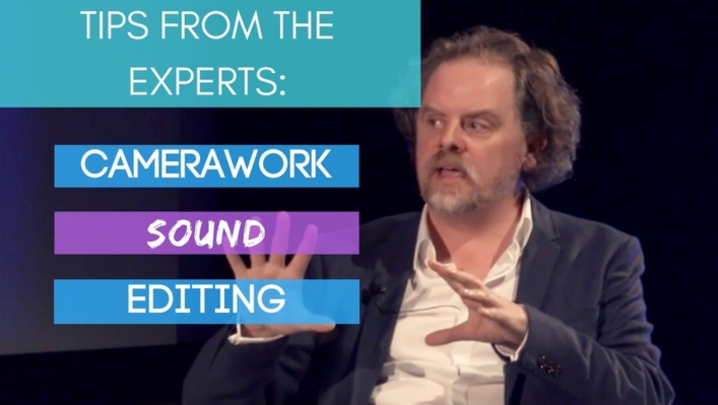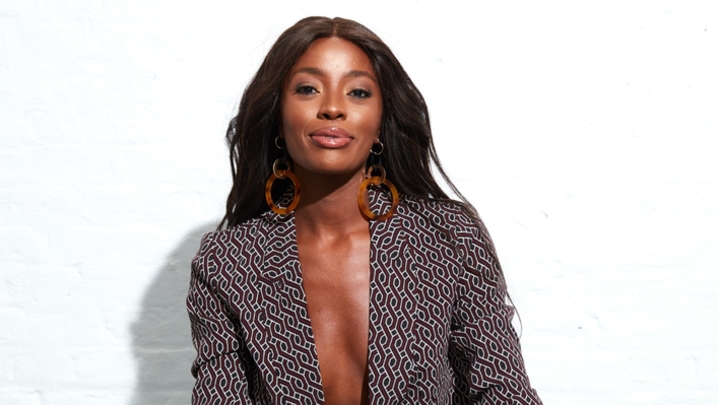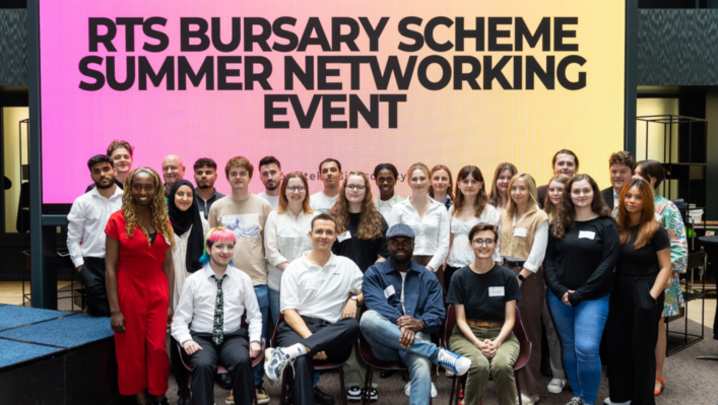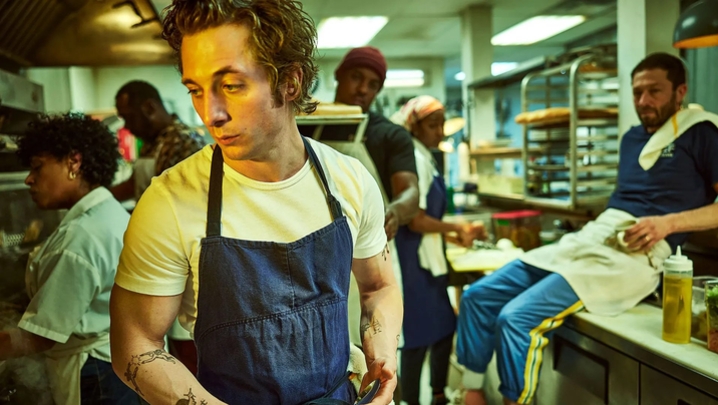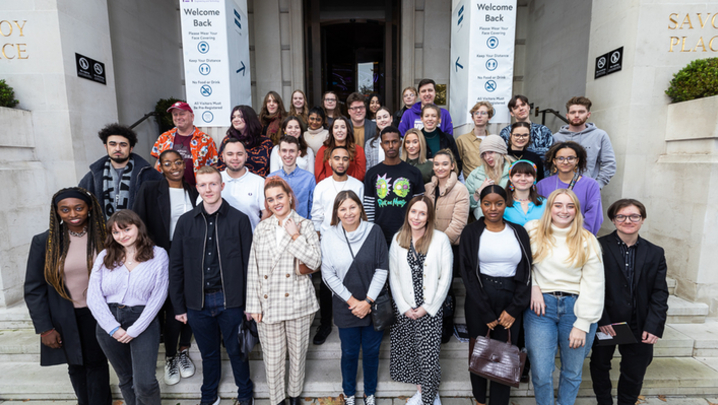“You’re in the business of suspending people’s disbelief,” says Sound Supervisor Louise Willcox.
After beginning her career as a shorthand typist, a chance encounter led Willcox to make the leap into sound, an interest of hers since the age of 13.
Now, after over 30 years working on programmes such as Springwatch, the British Grand Prix, and Children in Need, Willcox is an authority in her field.
The role of a Sound Supervisor is the final step in a career that begins as a sound technician/assistant. Willcox spends days at a time shut in a dark room mixing sound for shows, and yet, she says, her hard work is rarely acknowledged. “You know you’ve done a perfect job,” she says, “when absolutely no one notices.”
The job of sound in broadcast is to paint an aural picture for the brain, so when that goes wrong, it shows.
Shows like Springwatch use outside mics to gather ambient countryside noise during the live show, but for pre-recorded sections, Willcox reveals, “a dubbing editor replaces all of the noise, puts on things like people scrabbling through grass. [Creating] a false picture.”
Some sounds cannot be faked however and Specialist Wildlife Recordists are sent out to gather real animal noises to be dubbed over the footage.
Despite her success, Willcox has few formal qualifications. Her highest science qualification is an B-grade Physics O-Level.
Instead, Willcox has been trained ‘on-the-job’, something she recommends over traditional degree courses. “Universities do their best,” she concedes. “But students at the BBC’s Training Centre [often] say ‘I have learned more in a week here than in the previous 2 ½ years at university.”
Nor, she says, has it been difficult being a woman in a male-dominated part of the industry: “I have not come across anything on any job I have done where I have been overpowered by something,” she states.
It is empathy, Willcox claims, that has been the key to her success. “What is most important in that [mixing] chair, is not that you’re the best mixer, but that you are the best at understanding what your director wants in the time allowed.”
Working in sound, Willcox says, has been “the completion of my education. It’s been a continuous learning process on an intellectual level – let alone on a technical level. I wish I was more technically adept, but what I don’t know, I go and find out!”



